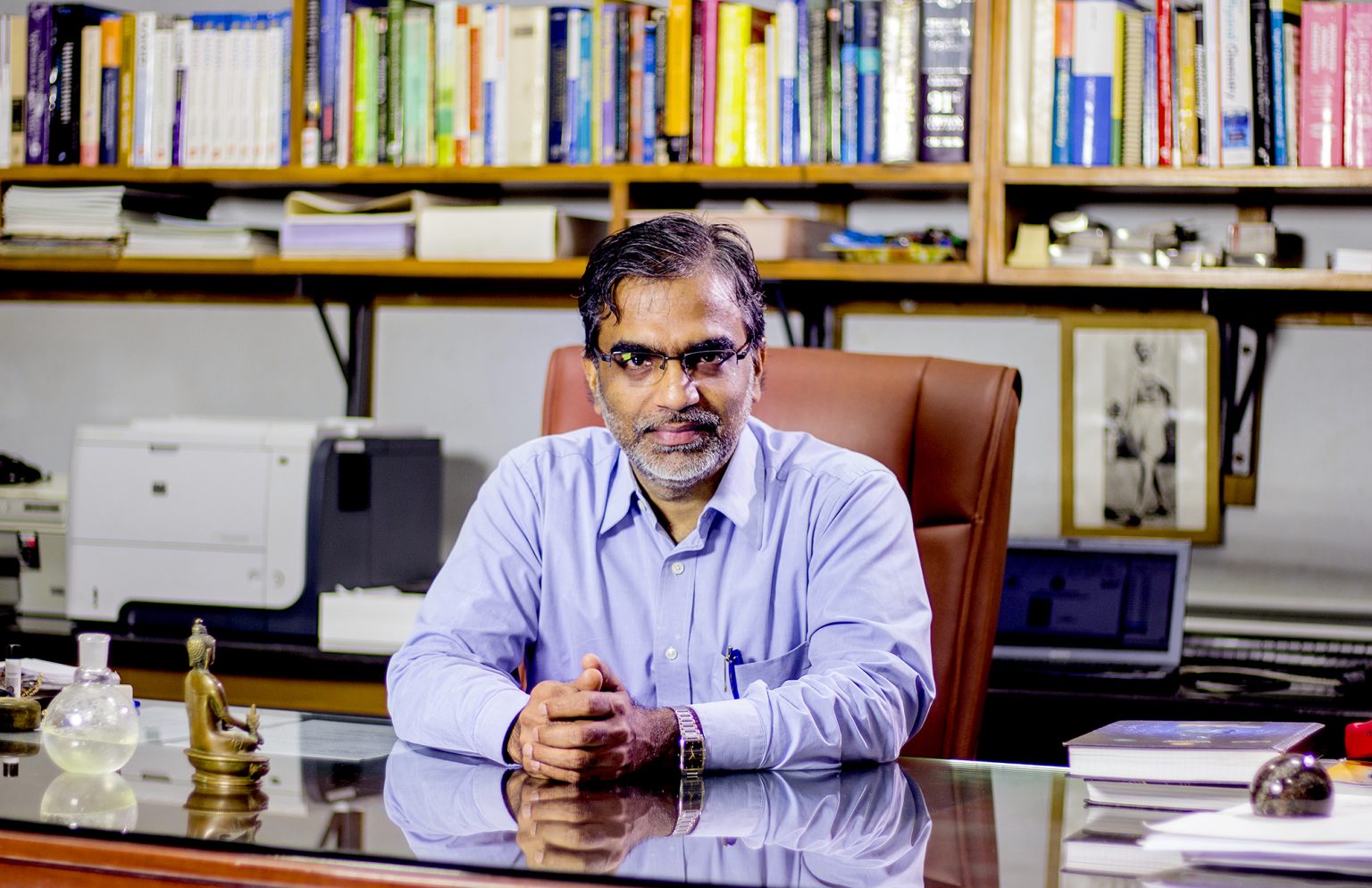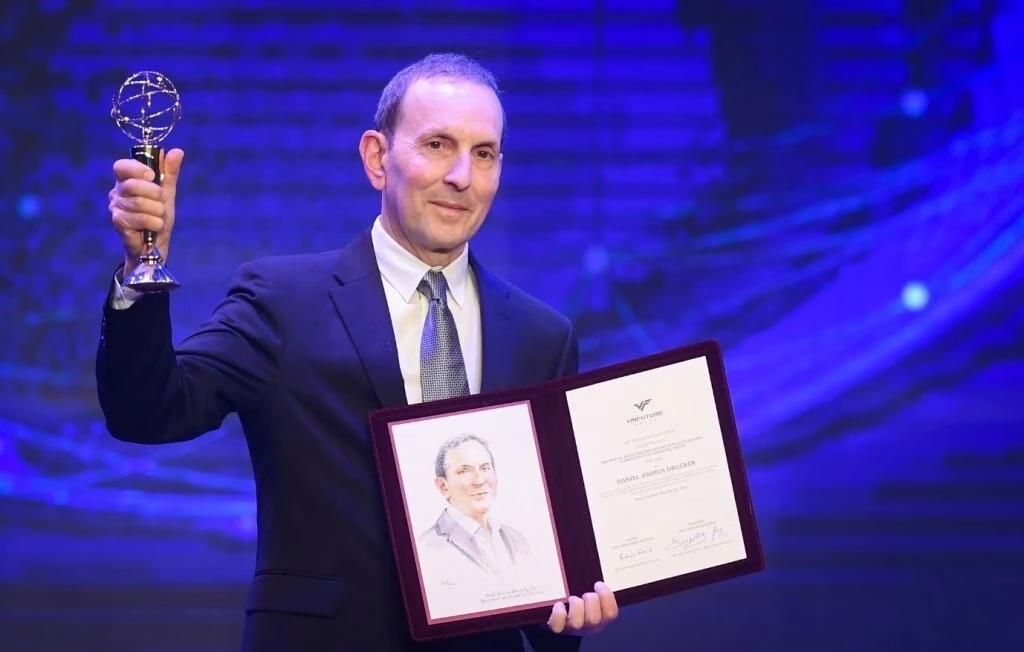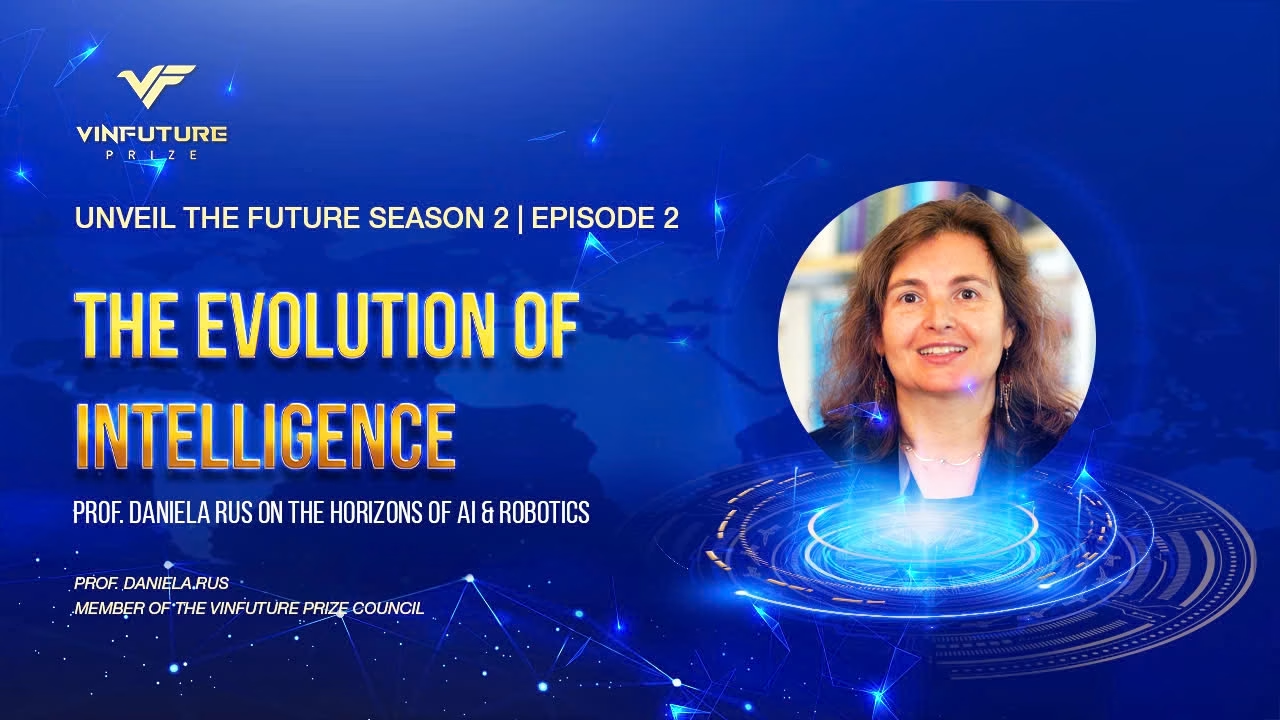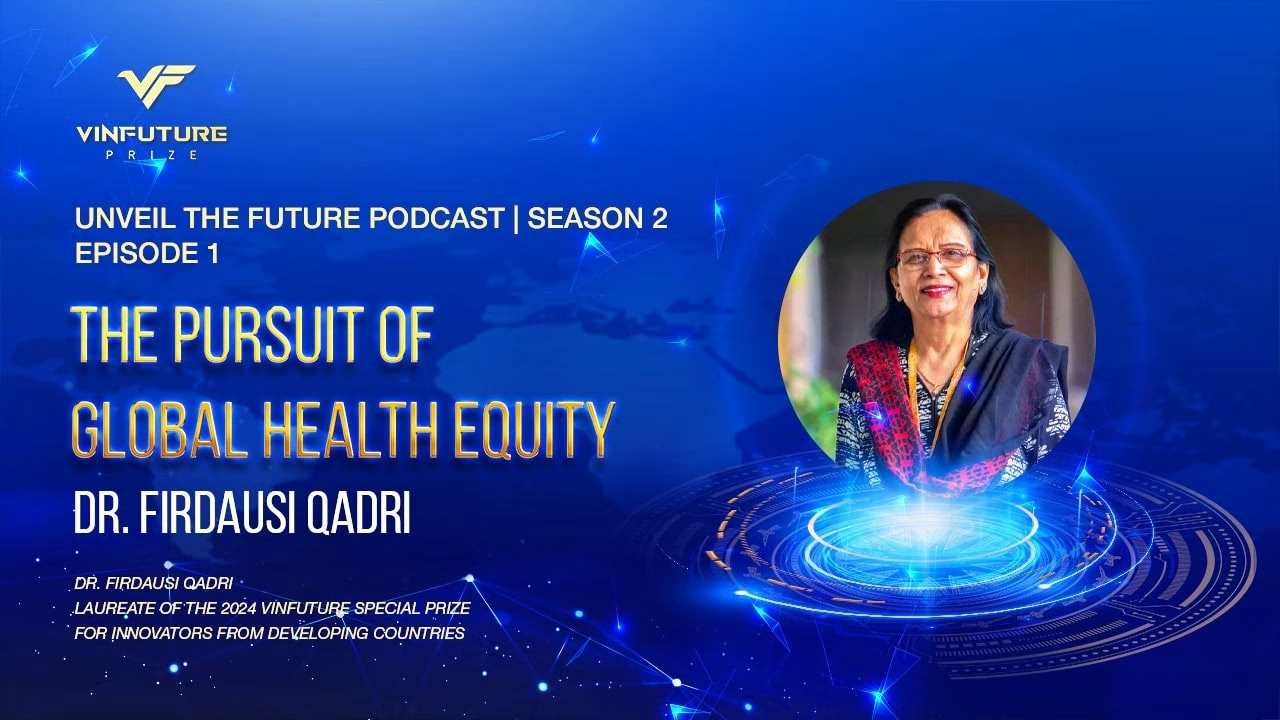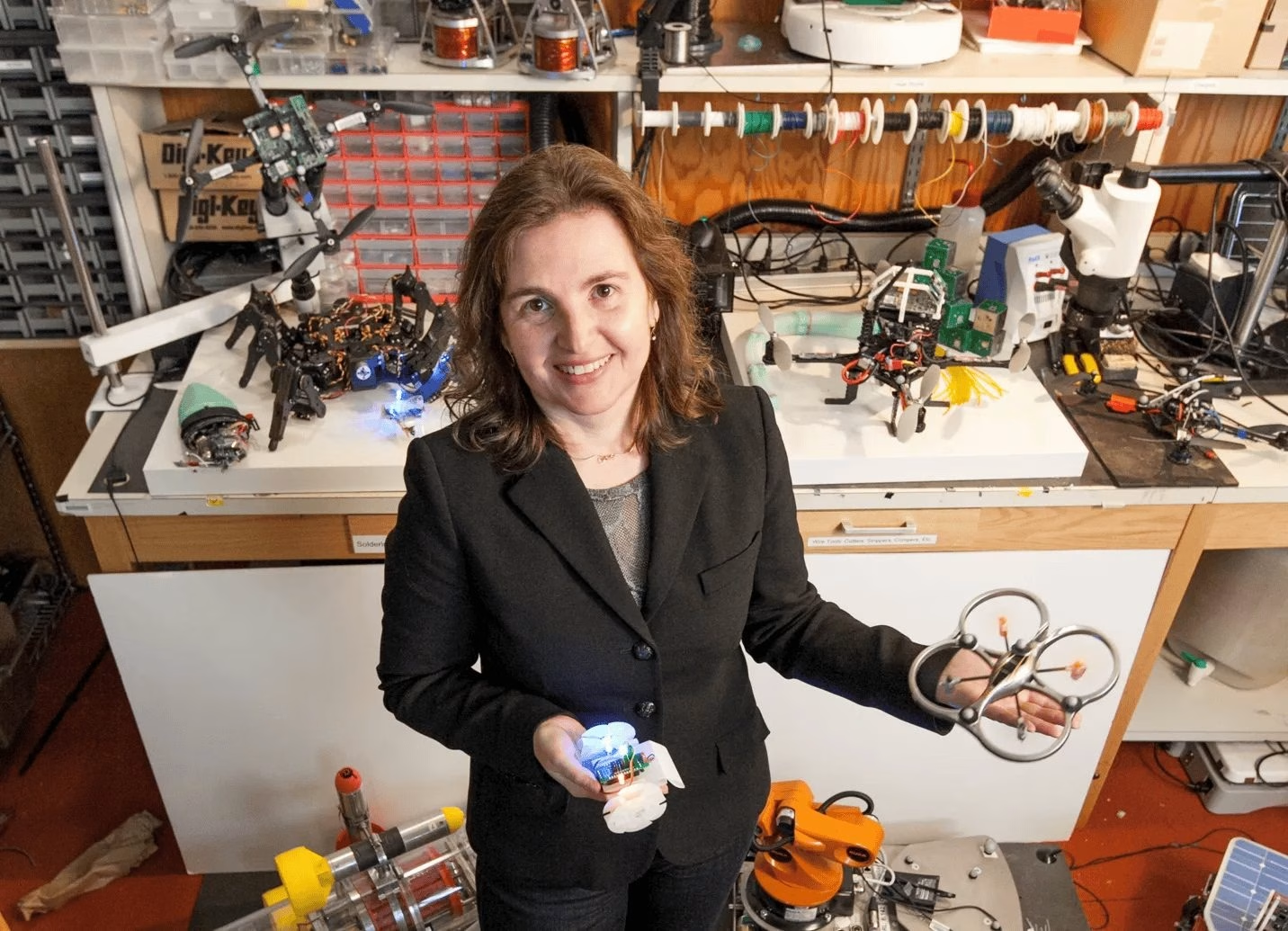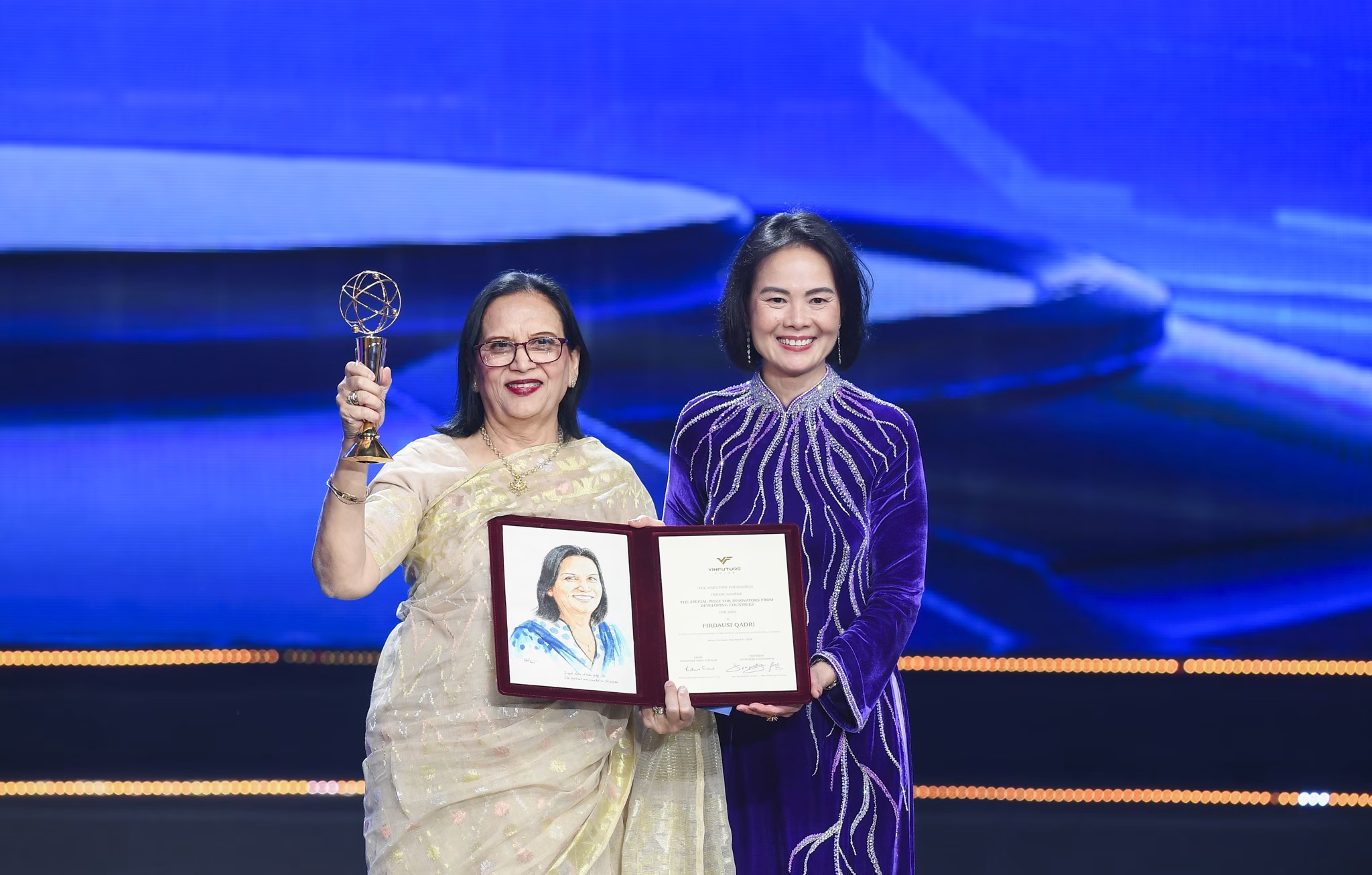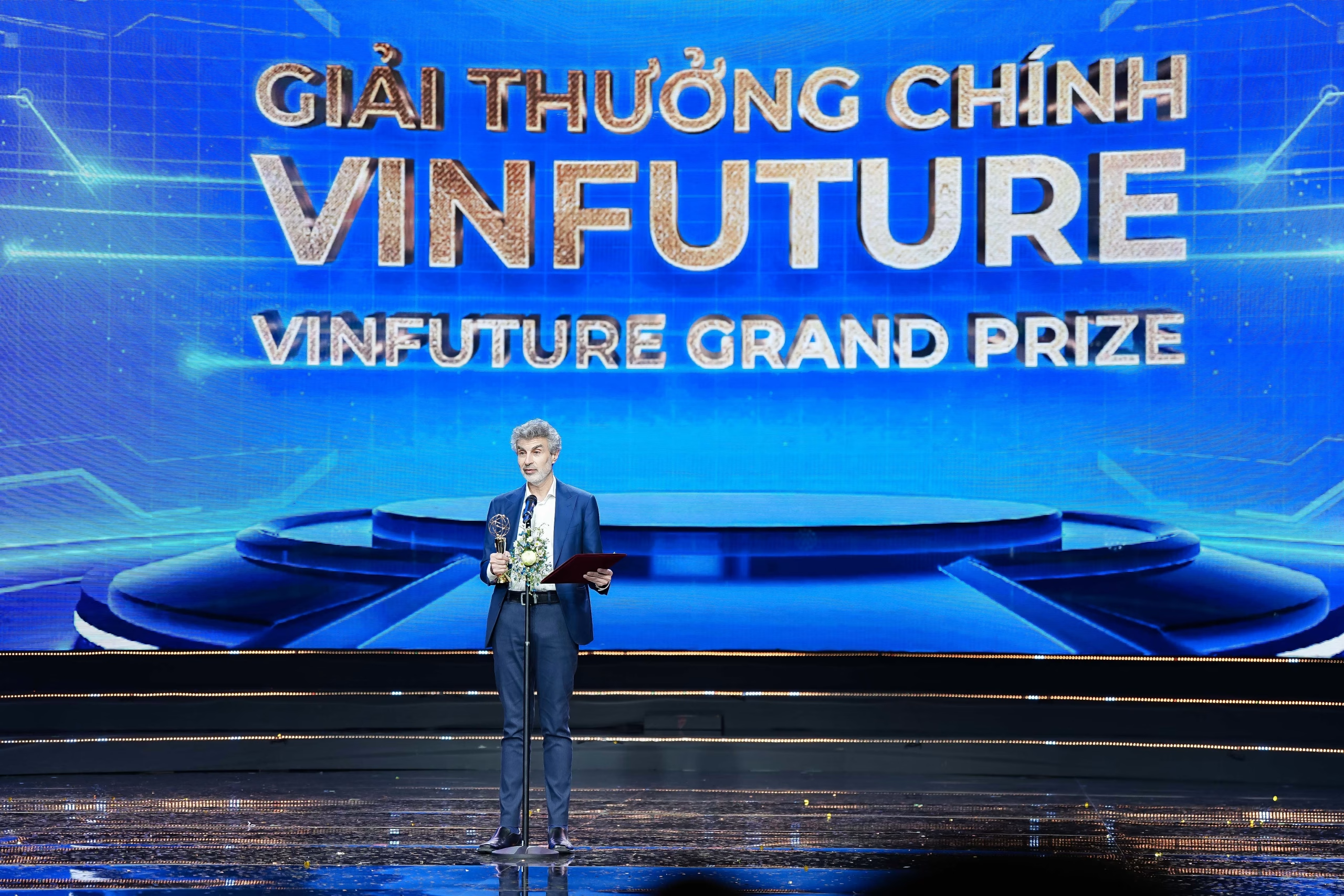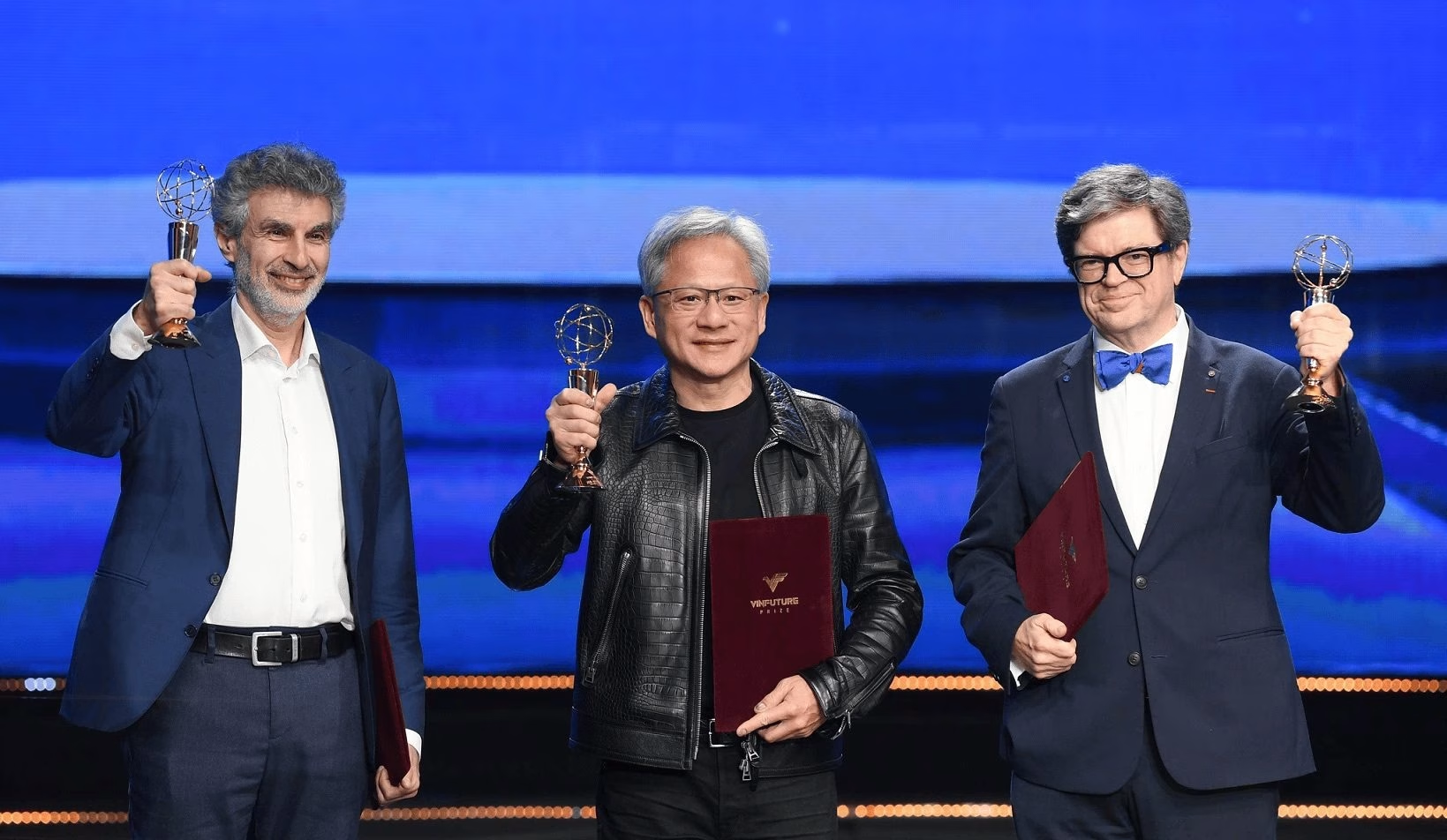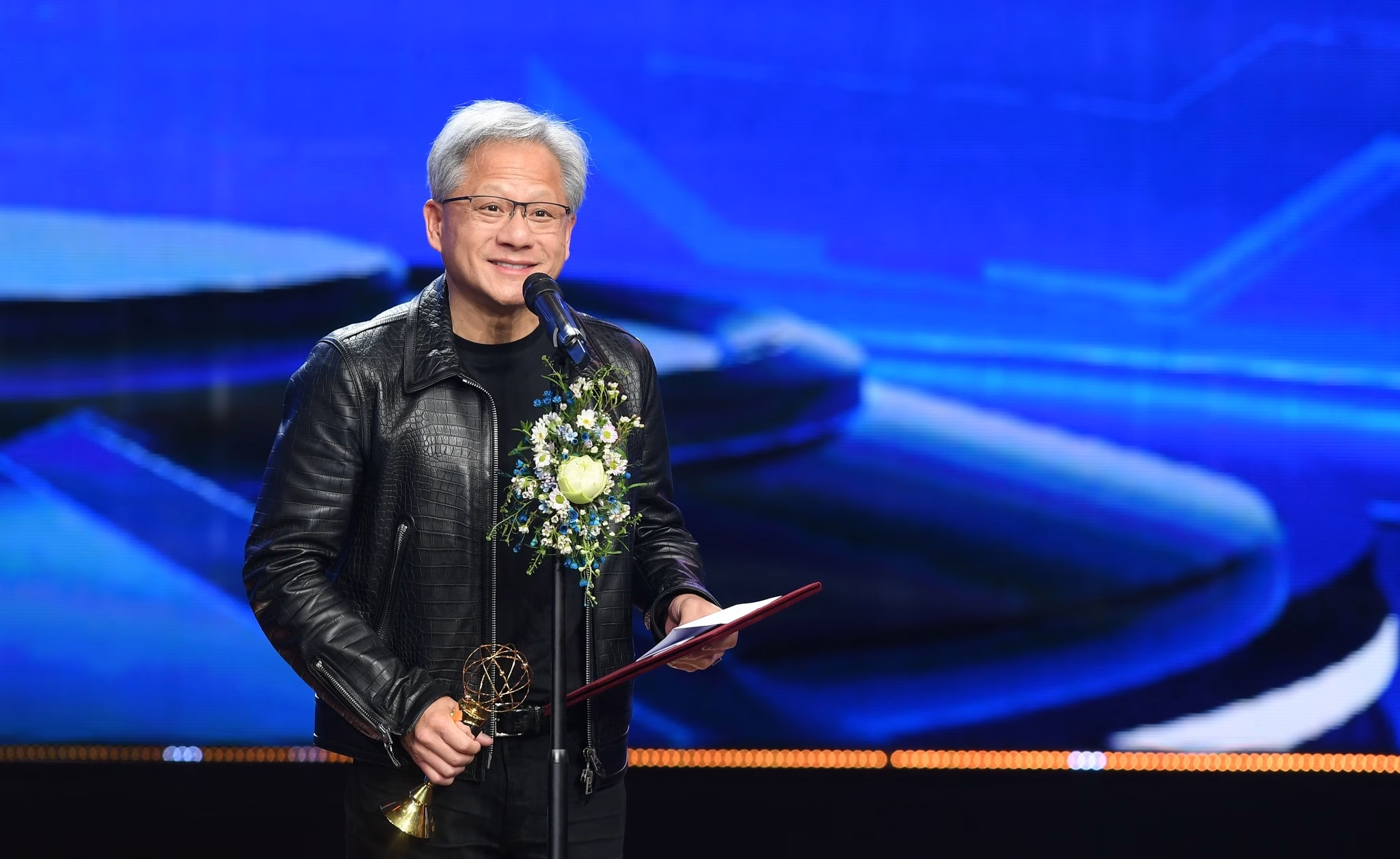- Read the original article on Water & Wastewater Asia.
India’s northern state of Punjab is known as the country’s breadbasket, due to its groundwater which flows down from the Himalayas. Much of that water, however, is contaminated with naturally occurring arsenic and iron.
People who rely on well water in rural areas, especially poorer members of the local communities, are at risk of arsenic poisoning from drinking the contaminated water.
“The long-term impact of drinking arsenic water can be deadly, and the problem has been a pressing concern in Punjab for many years,” Prof Pradeep said. “As we expanded the reach of our activities, we found that in several regions there are other contaminants too such as manganese, chromium and uranium.”
Prof Pradeep and his team discovered the processes for utilising nanomaterials, in which nanoparticles of metals, such as silver, can break down pesticide molecules.
“This is a process called reductive dehalogenation, which led to the discovery of utilising nanomaterials in practical drinking water filters,”
he said.
Based on his research, these metal nanoparticles could be used to disrupt bonds that bind and transport arsenic in the groundwater. This separation provided a means to purify groundwater at a low cost, reaching millions of impacted households.
In 2020, more than 80 purification units using his technology have been installed in Punjab, providing arsenic-free drinking water to about 150,000 people. The purifiers are also in use in other states, including Uttar Pradesh, Bihar and west Bengal, transforming contaminated water to clean drinking water for more than 7.5 million people.

Features of filtration system
In remote areas, this technology is even more advantageous because it does not require electricity.
Prof Pradeep added:
“Our water purifier works by using advanced nanomaterials. These materials, although composed of nanoparticles, appear like black sand.”
The arsenic and iron removal technology is due to new materials which remove the different forms of arsenic present in groundwater at equal efficiency.
“The contaminated water passes through the filter, which traps the arsenic, iron, uranium, and other contaminants. The system is low-cost because it does not use expensive materials or membranes, and it does not require electricity, which makes it ideal for use in rural areas.”
The system can be operated continuously with only two 15-minute maintenance procedure, once a month, and it produces less wastewater than treatment with alternate methods such as reverse osmosis (RO), according to him.
For Prof Pradeep, his work is driven by a belief in the vital importance of clean water technologies for the poor and the need for low-cost solutions that can be operated continuously with minimal maintenance.

The VinFuture Special Prize
The VinFuture prize award by the VinFuture Foundation was held on 20 Dec 2022 in Hanoi, Vietnam to celebrate scientific breakthroughs that contribute to global recovery and post-pandemic restructuring. Prof Pradeep was the recipient for the US$500,000 Special Prize for innovators from developing countries.
He plans to continue his water purification research and expand his team’s reach to more communities across the country. Pro Pradeep founded the International Centre for Clean Water with the objective of building a water-secure world. The incubated companies have already set up water sensor networks across the country, as part of the government programmes. In the next 10 years, it is expected that over 100 million water sensor networks will be deployed cumulatively at homes and in treatment plants. He also co-founded seven companies around advanced materials, capacitive deionisation, atmospheric water harvesting, and advanced sensors.
